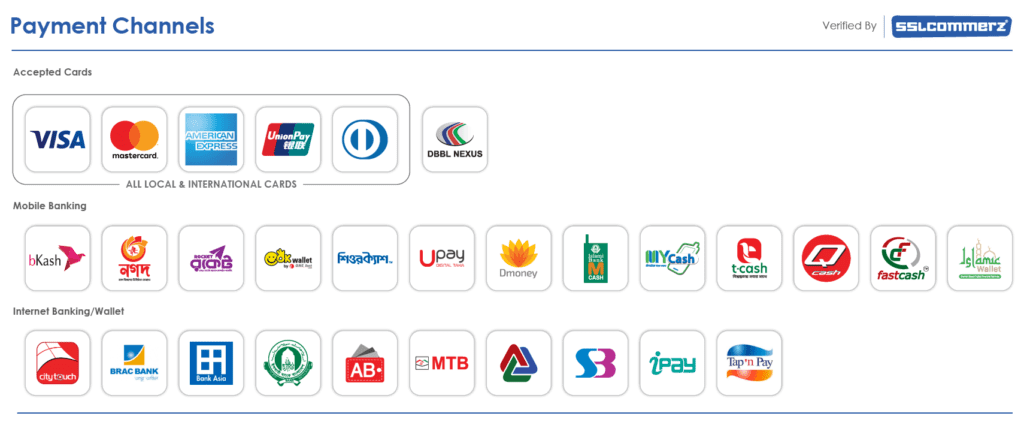Master of Science
Mental Health and Psychosocial Support
Get in touch with us for admission, fees, and academic details.
Get in TouchAdmission Test
TBA
Application Deadline
TBA
Programme Details
The Master of Science (MSc) in Mental Health and Psychosocial Support is a unique, pioneering academic program in Bangladesh, offered by the BRAC Institute of Educational Development (BRAC IED) under BRAC University. The program will equip students with the knowledge, practical skills, and research expertise needed to transform how mental health and psychosocial support are understood, delivered, and promoted in Bangladesh and beyond.
With mental health issues rising rapidly across all age groups and sectors—especially in the aftermath of the pandemic and amidst ongoing socio-economic stress—this program is designed to create a new generation of skilled professionals, researchers, and advocates who can lead mental health efforts across a range of systems: education, humanitarian aid, development, healthcare, and beyond.
The MSc in Mental Health and Psychosocial Support is designed to build a specialized and practice-oriented knowledge base in mental health, grounded in ethical principles and responsive to Bangladesh’s unique social and cultural contexts. The program aims to prepare students to provide effective psychosocial support in various community and organizational settings, especially during crises or emergencies. It enables students to understand the complex social, emotional, and developmental factors that shape mental health across the lifespan. A key objective is to equip learners with the capacity to address stigma, promote mental health awareness, and integrate mental health considerations into development, education, humanitarian, and health sectors. The program also focuses on building strong research skills, so graduates can critically examine mental health systems and practices and contribute to evidence-based policymaking and program design. Ultimately, the program prepares professionals who are ethically grounded, culturally aware, and committed to improving access to quality mental health services in Bangladesh and other Global South contexts.
Total credits to be completed 40
| Course No./Credit | Course Title | MSc. | |
|---|---|---|---|
| MHS 5101/4-credit | Introduction to Key Concepts in Mental Health: Practice and Service Delivery | √ | |
| MHS 5102/3-credit | Psychology of Development and Its Stages | √ | |
| MHS 5103/3-credit | Mental Health Throughout the Lifespan | √ | |
| MHS 5104/3-credit | Mental Health and Psychosocial Support | √ | |
| MHS 5105/3-credit | Global Mental Health: Context, Strategies, and Policy | √ | |
| MHS 5201/3-credit | Ethics and Professional Issues in Mental Health Practice and Policy Legislation | √ | |
| MHS 5202/4-credit | Introductory Research Methods in Mental Health | √ | |
| MHS 5203/4-credit | Practicum Module 1: Basic Training and Placement | √ | |
| MHS 5204/4-credit | Practicum Module 2: Supervised Field Placement | √ | |
| MHS 5205/4-credit | Fundamentals of Program Design and Research Proposal Development | √ | |
| MHS 6101/5-credit | Research and Thesis Writing | √ | |
| Total Credit | 40 | ||
Each course has specific requirements, deadlines, and submission guidelines, which will be shared by the faculty at the start. Assignments must be submitted on the Learning Management System (LMS) within the given deadline.
Continuous, formative assessment is one of the unique features of this program. Different assessment tasks will be assigned to the students throughout the course rather than one exam at the end of each course. The main objective of assessment is to help students learn and improve their work or performance.
Some of the tasks that will be used as teaching-learning activities, as well as for assessment and grading are: presentation, group work, case study, class participation, assignment, role play, journal writing, and guided task. The grading structure is given below
| Marks | Letter Grading | CGPA | Remarks |
|---|---|---|---|
| 97 – ≤ 100 | A+ | 4.0 | Excellent |
| 90 – < 97 | A | 4.0 | |
| 85 – <90 | A- | 3.7 | |
| 80 – <85 | B+ | 3.3 | |
| 75 – <80 | B | 3.0 | Good |
| 70 – <75 | B- | 2.7 | |
| 65 – <70 | C+ | 2.3 | |
| 60 – <65 | C | 2.0 | Fair |
| 57 – <60 | C- | 1.7 | |
| 55 – <57 | D+ | 1.3 | |
| 52 – <55 | D | 1.0 | Poor |
| 50 – <52 | D- | 0.7 | |
| <50 | F | 0.0 | Failure |
This program uses a fully customized Moodle-based Learning Management System to deliver its academic programs. Online classes are conducted through an enterprise subscription of Zoom, ensuring a seamless virtual learning experience. To enhance student engagement, faculty members also integrate various interactive digital tools such as Mentimeter, Socrative, Padlet, and Kahoot, which support real-time participation, feedback, and collaborative learning.
Courses
This introductory module will provide an overview of mental health, Master of Science in Mental Health and Psychosocial Support and relevant approaches to both. It will cover basic concepts, essentials, and principles of mental health practice and service delivery in Bangladesh context, as well as the various approaches and models of mental health. Students will learn to practice critical thinking, analysis, and reasoning skills in the field of mental health care. Emphasis will be placed on working contexts and supervision, alongside ethical practices such as risk management and safeguarding.
This course will center a historical perspective of developmental psychology. It will begin with the stages of pregnancy, birth, and babyhood (infancy period of 0-2 years). The connections between play and development will be explored, with additional focus on brain development and the roots of learning. Later stages – of young childhood (3-5 years), middle childhood (6-10 years), puberty and adolescence (11-16 years), late adolescence and early adulthood (16-23 years), adulthood and aging – will also be explored.
This course will address universal experiences of suffering, toxic stress and socio-emotional challenges. Students will learn about adverse childhood experiences, along with how people develop both vulnerability and resilience. The continuum of mental health to mental health will be studied, with the accompanying social conceptions of fear, misunderstanding and stigma. Students will develop a robust understanding of prevalent mental health disorders and how they can be assessed through the Mental Status Examination (MSE). This will be followed up with learning about the lived experiences of people with mental health disorder(s) and what interventions could best support their mental wellbeing.
This course will equip students with knowledge of evidence-based mental health and psychosocial support. It will support a keen understanding of self-awareness, as well as a critical examination of human and personal beliefs and value systems. Students will develop an understanding of the mhGAP Intervention Guide, Psychological First Aid and the various dos and don’ts of providing psychosocial support. They will learn about paracounsellor skills, advocacy for community-based psychosocial support, assessment and practice.
This course will orient students in the history and contexts of global mental health, including epidemiology and the global burden of mental health conditions. The roles of key stakeholders in the global mental health landscape will be studied. Students will delve into global normative frameworks, policies, and guidelines on mental health to deepen their understanding of international standards. Global human rights standards of equity and equality for marginalized populations will also be showcased here. Students will grow to understand the role of critical thinking, analysis, and reasoning skills in developing effective mental health practice and services. Key humanitarian and emergency context case studies will be analyzed, and students will learn to adapt tools for the Bangladeshi context.
This course will support students in growing a critical understanding of the core principles of ethics in mental healthcare. Core concepts will include the relationship between ethical theory and practice, as well as the professional standards and issues in mental health systems. Students will learn to recognize and implement best practices in ethics, conduct and professional accountability. Patient safeguarding mechanisms such as legal rights, informed consent, confidentiality, and data protection will be thoroughly explored. Embodiments of reflective practice and value-based work will be examined, in light of the various professional challenges in ethical healthcare practice.
This course will cultivate a fundamental understanding of research in mental health. Students will be equipped with the skills of interpretation and critical evaluation of research findings within mental health practice. Key features of the research process will be highlighted, taking both qualitative and quantitative research into consideration. Students will gain a robust understanding of research design and evaluation for children and vulnerable populations in mental health. Protocols to maintain ethics and professional codes of conduct while doing mental health research will also be covered.
This first practicum module will provide an opportunity for students to exercise the knowledge and skills acquired in their preceding program courses. Using a hands-on approach, students will learn about Master of Science in Mental Health and Psychosocial Support in community settings, integrating theory and practice through field-based activities and be able to observe community-based practices of mental health management.
This practicum module will involve student placement in specialized mental health and psychosocial support settings to apply learning in real-world contexts. They will engage in direct service provision under guided supervision, carry out comprehensive case assessments and conduct psychosocial interventions. Additional practices such as structured documentation, journaling, reflection and self-care will be highlighted and executed. Through these real world experiences, students will learn to identify ethical and contextual challenges. They will also get the opportunity to actively participate in current mental health advocacy and awareness initiatives in Bangladesh.
This course will cover the principles of program design and development; starting from needs assessment and situation analysis to the formulation of logic models, intervention strategies and monitoring and evaluation (M&E) frameworks for impact measurement. Students will be engaged in research proposal development, including research design, data collection, and data analysis. The importance of ethical research practices and governance, alongside reflective learning and the role of the researcher will be fully unpacked. Students will learn to conduct stakeholder engagement and risk management. Practical applications of all these lessons will be facilitated through group work, case studies, and role-play activities.
This course will support students in developing research proposals, gaining deeper understandings of their focused research area through robust literature review, practicing different data collection techniques and applying various data analysis tools. Students will be able to understand, critique, and suggest alternative solutions to mental health needs. Through this understanding, they will write an action research report or thesis in an area of mental health relevant to the content covered in previous courses. This module will place emphasis on ethics, critical thinking, and effective communication. It will also include individual supervision by a faculty member for thesis development.
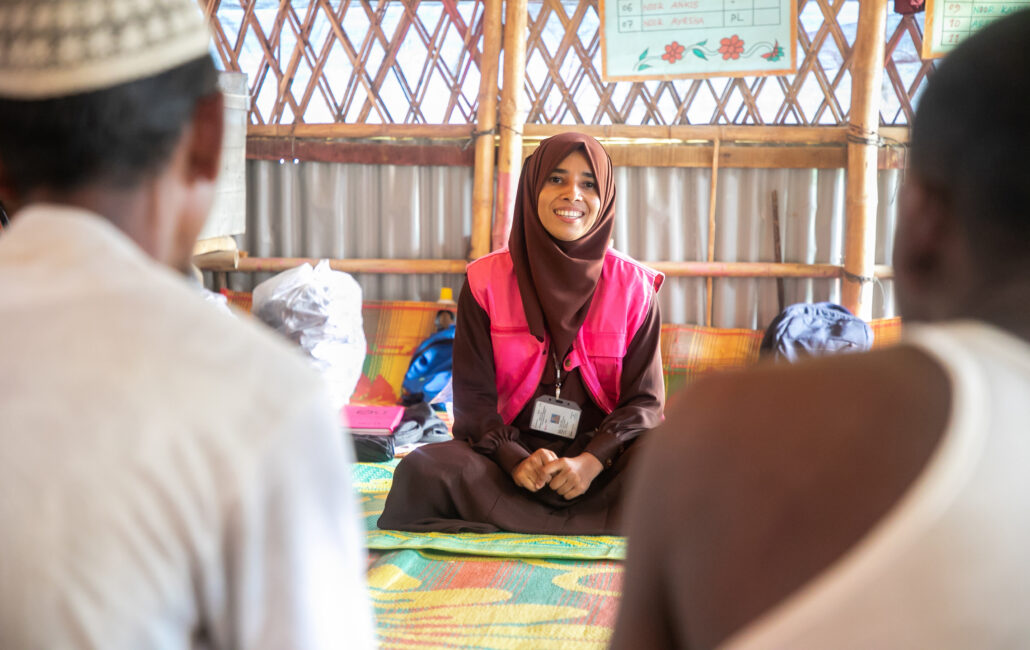
Unique Features
- First and only MSc in MHPSS in Bangladesh
- Co-developed with the University of Tokyo (UTokyo KOMEX-IOP)
- Combines theory, practice, and research
- Rooted in global standards, tailored to Bangladeshi.
- Taught by national and international experts
- Strong research emphasis that can lead to publication and policy engagement
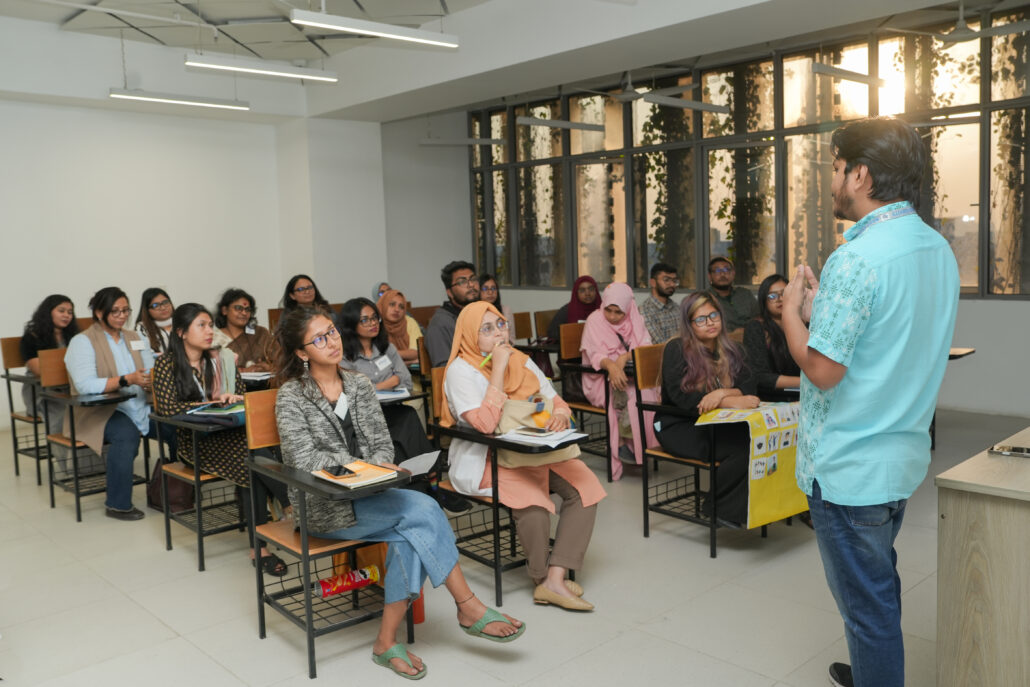
Teaching & Learning
“Learning by doing” is at the core of the teaching-learning approach of the programme. A participatory and interactive approach will be taken to share, review and analyze the professional experiences and views of the participants based on the concepts and theoretical assumptions discussed. The overall approach will be learner-centered, and debate, discussion and dialogue will be the main pedagogical processes. A thoughtful combination of the following techniques will guide the overall teaching-learning process: Guided studies, group discussions, presentations, matrices, case studies, field trips, situational analyses, stakeholder analyses, brainstorming, role play, simulations, energizers/games, practitioners as resource persons, reflections, practice feedback, action plans, roundtable or panel discussions, debates, workshops, etc.
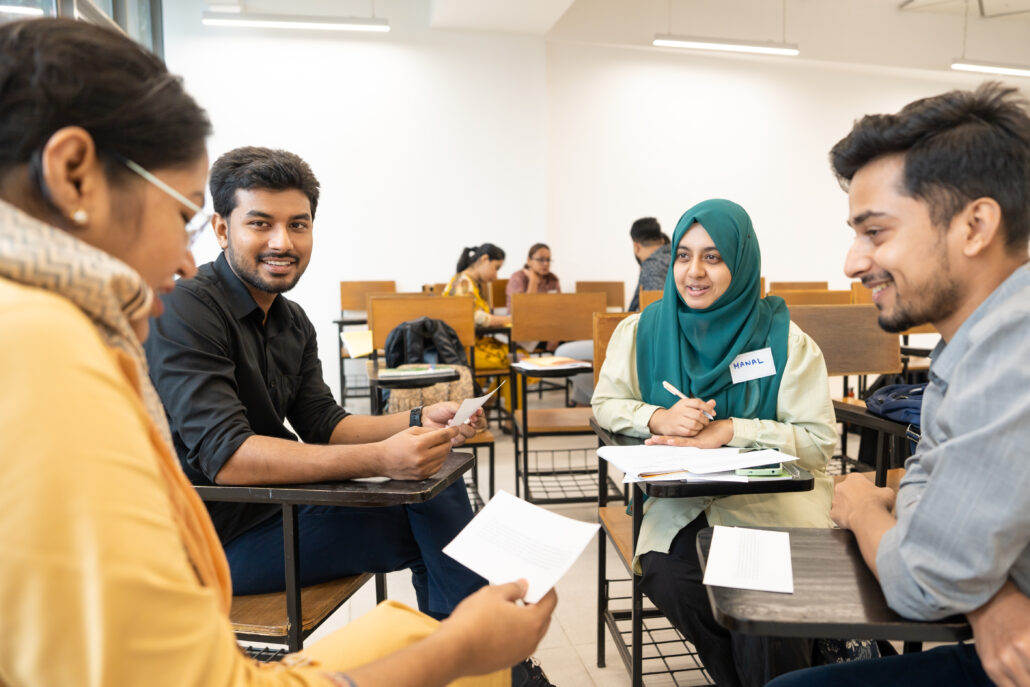
Admission Requirement
- Applicants must have a total of 15 years of schooling with at least a Bachelor degree in any discipline.
- Applicants must obtain at least 2nd class/division or CGPA 2.50 at all stages of schooling.
- Applicants with GED (General Educational Development) are not eligible to enroll.

Who can take this programme?
- Mid-career professionals in any field (e.g., education, health, humanitarian aid, development, or HR) with an interest to learn and integrate MHPSS into their career.
- Recent graduates who are passionate about mental health and social change.
- Educators, social workers, NGO staff, researchers, and counselors seeking advanced, interdisciplinary training to understand and incorporate mental health into their knowledge and work.
Admission Test
The Admission Test will have ‘two’ parts:
- 1-hour written test
- Interview (Those who qualify for the written test will be called for an interview for final selection.)
Duration & Tuition Fee
| Program | Duration | Total Cost (BDT) | Breakdown |
|---|---|---|---|
| M.Sc. (40 Credits) |
15 months
(3 Semester) |
3,07,500 | Admission Fee: 27,500 (Non-Refundable)
Application Form Fee: 1,500 (Non-Refundable) Degree Processing Fee: 12,000 (Non-Refundable) Library Membership Fee: 2,500 (Non-Refundable) Per Credit Tuition Fee: 6,600 |
After a 40% Discount on Tuition Fees for the First Batch (SPRING 2026)!
| Program | Duration | Total Cost (BDT) | Breakdown |
|---|---|---|---|
| M.Sc. (40 Credits) |
15 months
(3 Semester) |
2,01,900 | Admission Fee: 27,500 (Non-Refundable)
Application Form Fee: 1,500 (Non-Refundable) Degree Processing Fee: 12,000 (Non-Refundable) Library Membership Fee: 2,500 (Non-Refundable) Per Credit Tuition Fee after 40% Discount: 3,960 |
Career Prospects
• Mental health programs (NGOs, INGOs, UN agencies)
• Education systems (school-based well-being and psychosocial support services)
• Corporate sector (employee mental health, diversity and inclusion)
• Community mental health (public outreach, awareness, direct services)
• Humanitarian and crisis response (refugee settings, emergencies, trauma care)
• Research and policy development (think tanks, universities, advocacy groups)
An MSc. in Mental Health and Psychosocial support with the opportunity to become a mental health advocate, innovator, and leader. Join a program that combines academic excellence, practical experience, and a vision for inclusive, accessible, and culturally rooted mental health care.
Contact Us
Ashik Rahman
Deputy Manager,
Academic Coordination
Email: ashik.rahman@bracu.ac.
Faizan Hossain
Assistant Manager,
Academic Coordinator
Email: faizan.hossain@bracu.
